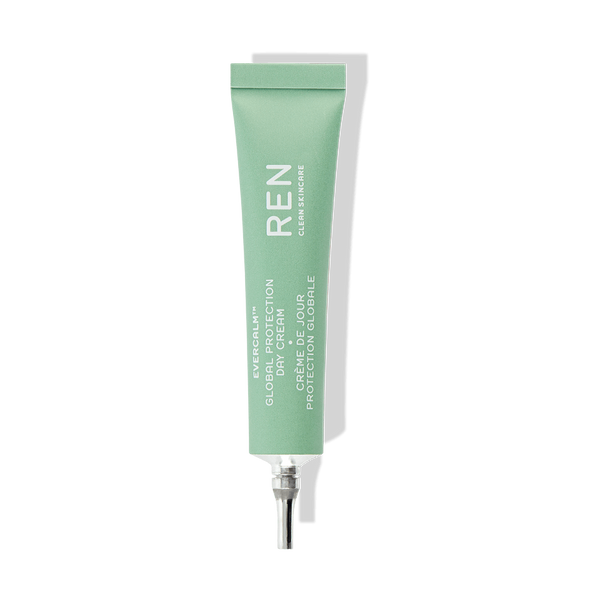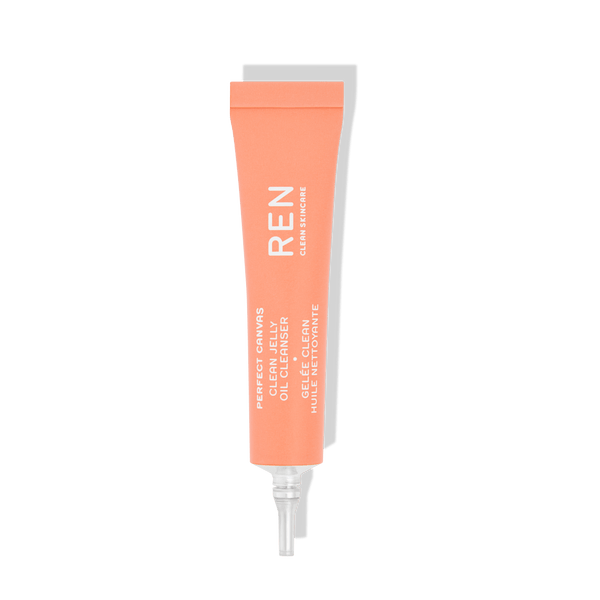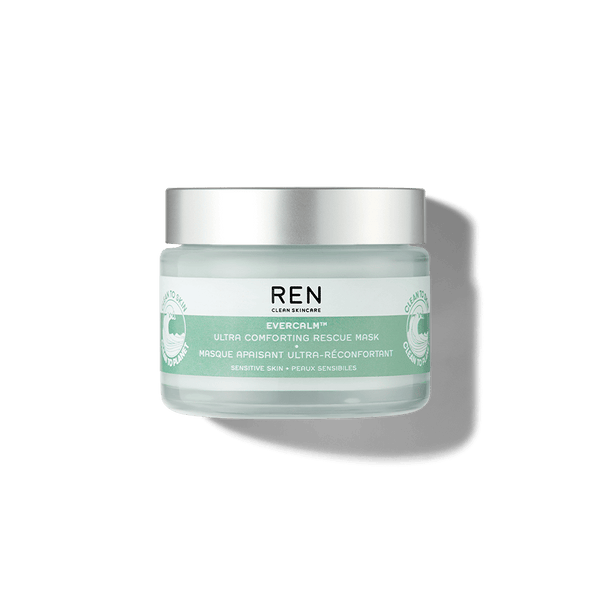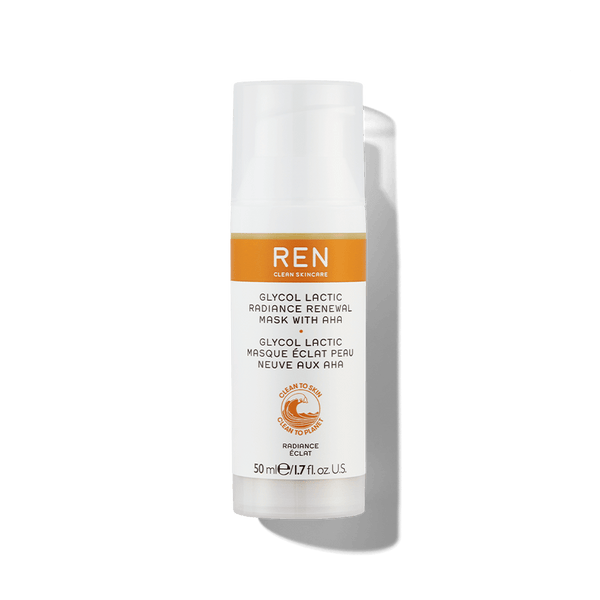What Type of Skin Do I Have?

Not getting the results you want from your skincare? Wasting good money on products everyone raves about but aren’t working for you? Sounds familiar, right? Your skin type is arguably the most important factor to consider when caring for your skin and creating a skincare routine.
Simply put, there are five main skin types – dry, normal (because we aren’t washing machines, we don’t like ‘normal,’ so we prefer to use ‘balanced’ instead), combination, oily and sensitive. Each comes with its own benefit, concerns and challenges. While the everyday essentials such as cleansers, moisturizers and SPF are a given, the best formulas for each skin type can vary hugely. Getting to grips with where your skin falls on the skin type spectrum is therefore key if you want to build a routine that truly works for you. Follow along for how to determine skin type.















